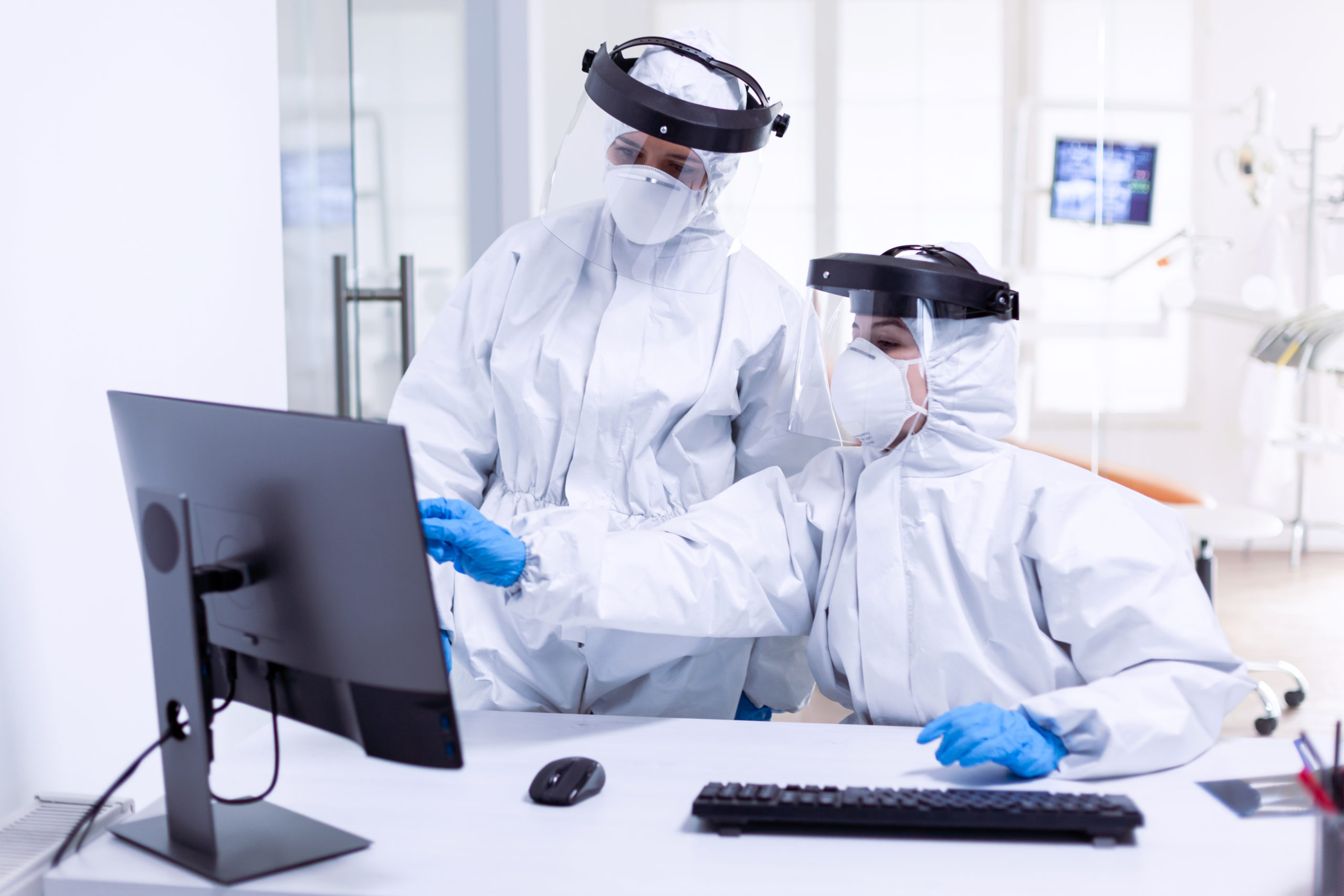by Glenn Butuyan, MD, FPCP, FPSN
REFLECTIONS on TRAINING AMIDST THIS PANDEMIC
Lynette Fillone Alcala, MD FPSN, FPPS, FPNSP
Achieving one’s dream to be a pediatric nephrologist takes years from premedical education up to adult or pediatric nephrology certification. This involves surpassing several high stakes exams, including getting competitive NMAT scores to be admitted to a reputable medical school. Surviving the rigors of undergraduate medical education has both its perks and challenges, with the horror stories and little triumphs that fuel us to achieve further as we climb the academic ladder. Being one of the successful examinees in the physician licensure examination gives you your own story to tell. Those memories keep lingering in our minds as we continue to journey in this noble profession. When we set our goal to train further in general pediatrics until we reach adult or pediatric nephrology training, you will agree with me when I say we are a rare breed of professionals who choose to tread the road less travelled. Like the journey of a cup of coffee that keeps us going to accomplish a long overdue task, we are well aware that it does not end in the glomerulus or the loop of Henle but drains further into the urinary bladder until it is excreted in the urethra. To train further is more of a humbling experience where we meet a lot of selfless people who had given a part of themselves to continue the tradition of safeguarding renal health.
Among us involved in training, who would have imagined the years 2019 up to the present will package a totally different set of competencies and challenges that we need to embrace without prior notice? Online learning and limited encounters had been introduced to me as part of my teaching portfolio way back in my fellowship years as a health professions education student but never did I imagine it will come in handy in these times of the pandemic. The era of E portfolios and 5 minute preceptorship were mere articles to dissect and understand until these unprecedented times. Clinical teaching had been a special skill for me who had trained under the baton of seasoned educators and clinicians at the Philippine General Hospital but donning that appropriate level of PPE and being mindful of exposure time may have hindered us to teach further at the bedside. As much as we wanted to do that kidney punch ourselves and demonstrate foley catheter insertion to relieve obstruction, we are enveloped with a lot of hesitation and fear from being exposed to the Covid 19 virus that being training mentors becomes a big sacrifice. But as dedicated trainors during the start of the pandemic, we had no choice but to show our trainees we are with them in this journey. The toil of the pandemic had taught us to be braver and stronger and at the same time we learned to innovate and look at things from a different perspective. As much as we wanted to teach that skill, displaying compassion and endless concern for their mental health became a much steeper learning curve for us to model.
As the PSN celebrates its 50th year and with the challenges of pandemic continually lurking in the different corners of the archipelago, we trainors and mentors in this specialty were forced to revisit the training programs we were currently involved in, not only in aligning competencies or evaluating outcomes but also in championing resilience and compassion for our trainees. The society had been serious in its mandate to make ethics and professionalism very much a part of the core outcomes of every Filipino Nephrologist while instilling in our trainees the role they have to play in lobbying for equity in care, treating not only the patient we see in our clinics but promoting renal health and wellness to families and communities. Together we build a strong Philippine Society of Nephrology as we move forward to touch more lives.













